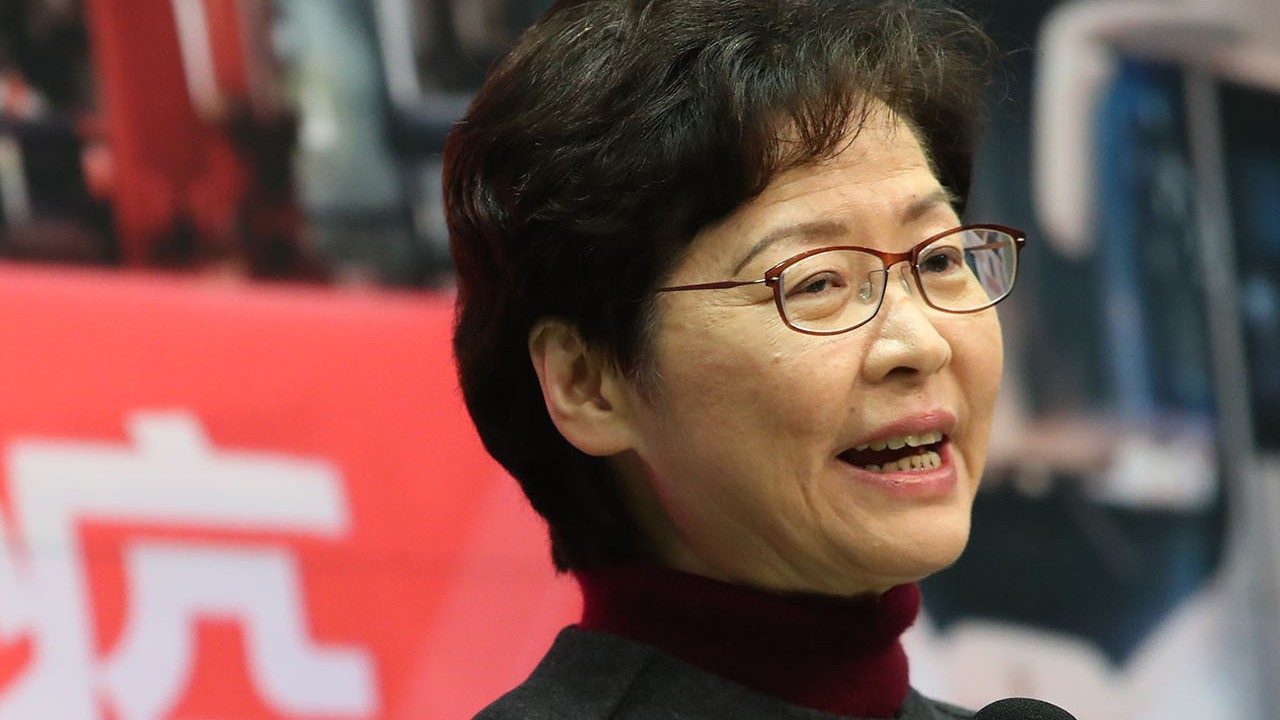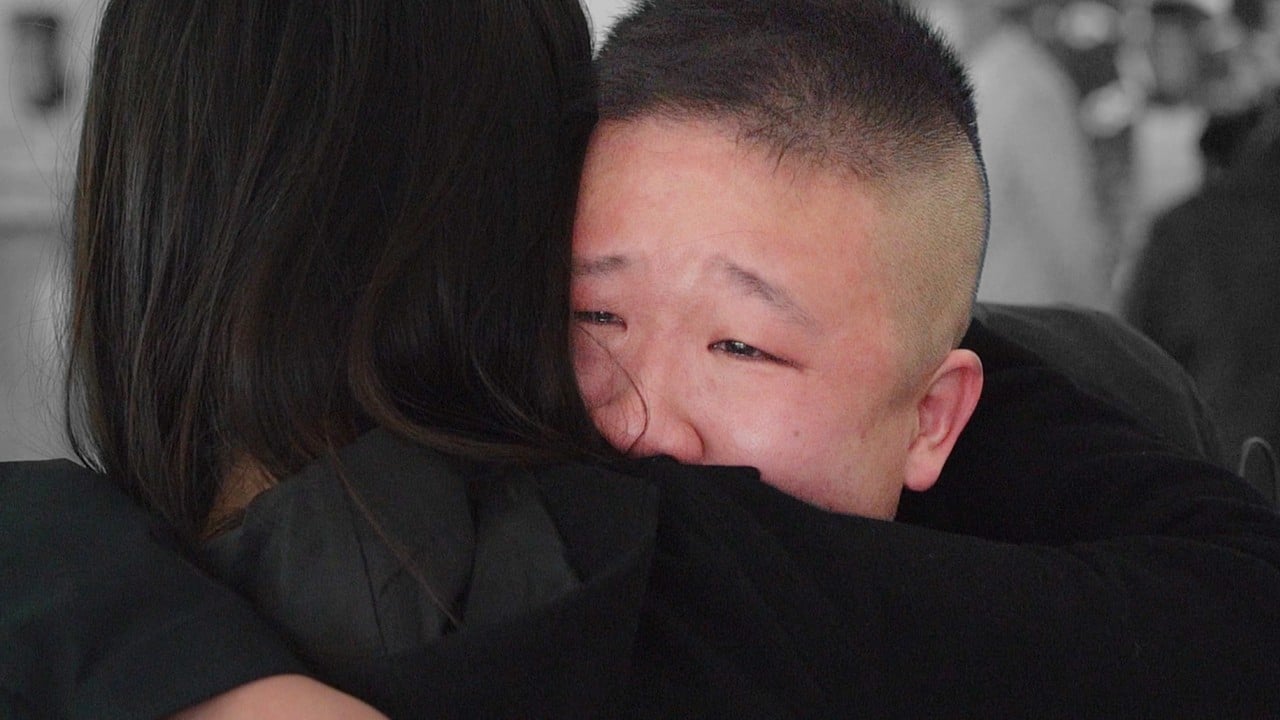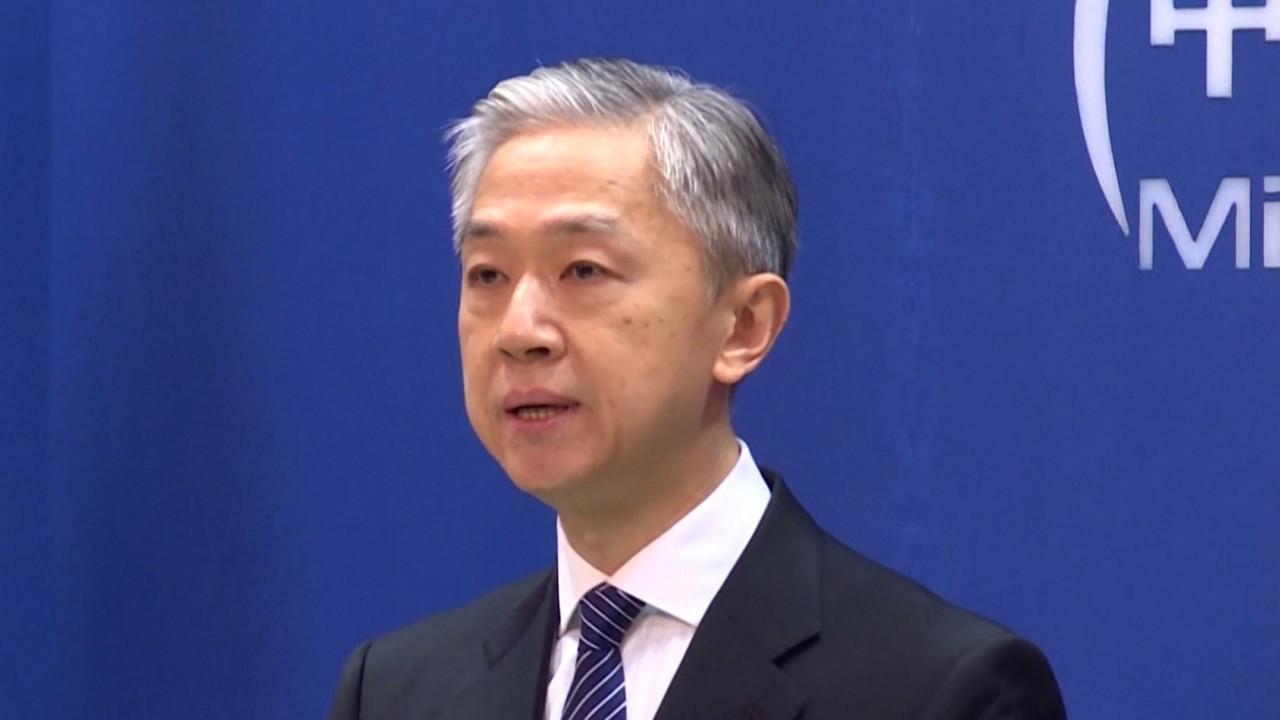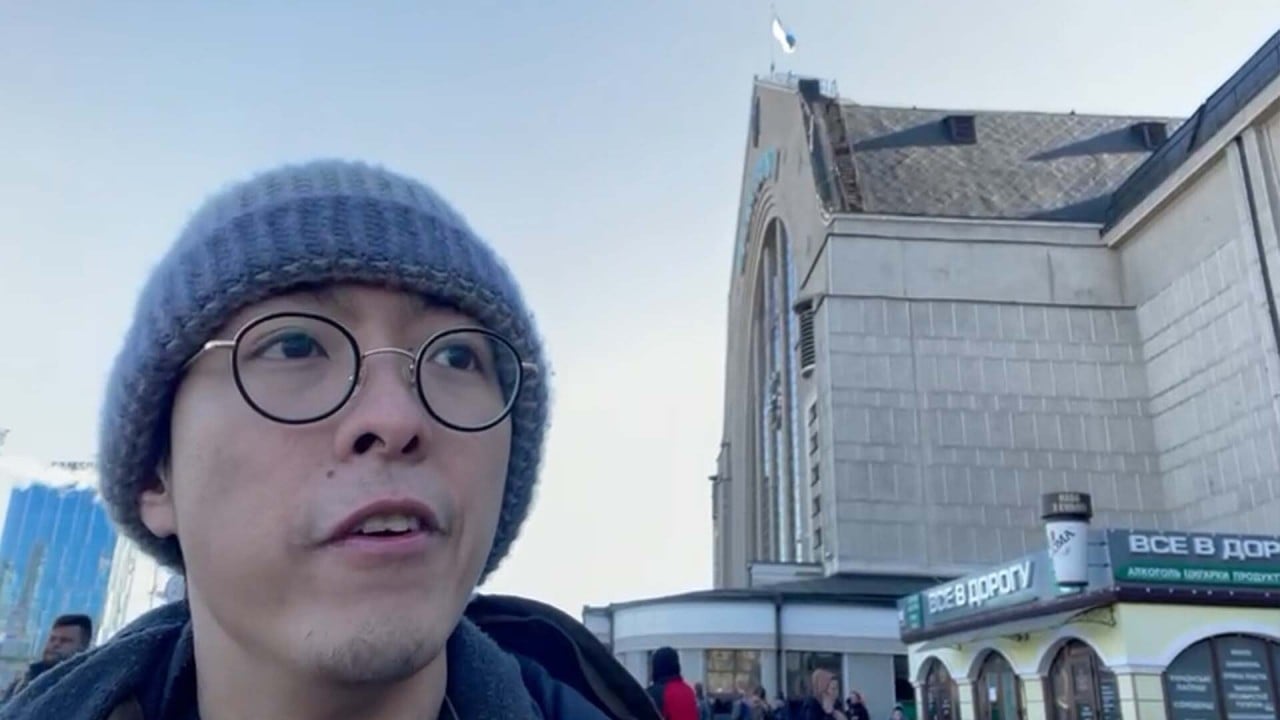
Beijing’s stance on Covid-19 and Ukraine magnifies Hong Kong’s dilemma over East vs West narratives
- When China’s policy on Covid-19 containment or Ukraine clashes with the West’s, Hong Kong feels emotional dissonance
- Hong Kong’s plight is part of a larger geopolitical contest over hearts and minds everywhere, with Western democracies painted as desirable against an autocratic China
The age of anxiety troubles us because the world as we know it is fracturing before our eyes. There is no quick and easy fix, unfortunately.
The explosion of Covid-19 cases in Hong Kong affects everyone personally. Few would have thought in early 2020 that the pandemic would go into a third year.
One element of the competing narratives has to do with the difference between experiences on the mainland and elsewhere, particularly in Western countries.
This method is being rolled out in Hong Kong when the infection rate is already high. It remains to be seen how things need to be organised locally and how the mainland method can be adapted for Hong Kong.
Understandably, there are widespread mutterings of discontent. People feel their government has failed them and they have lost control of their lives. Many have no idea whether the mainland’s intervention will be helpful.
Such reports make people feel edgy because they worry that Hong Kong might not be a good regional base for international business any more.
Hong Kong’s plight is part of a larger geopolitical contest over hearts and minds everywhere. Western democracies are painted as representing desirable systems, whereas China is described in autocratic and unsavoury terms.
How war in Ukraine is drawing the US and Europe closer – against China
The idea arose in the 1950s among developing countries across the world seeking to avoid the confrontation brewing between the United States and the Soviet Union during the Cold War. The key principles are respect for the sovereignty of each country and support for each other’s development.
Based on this, China’s foreign affairs principles evolved to include five tenets: mutual respect for sovereignty and territorial integrity; mutual non-aggression; non-interference in each other’s internal affairs; equality and mutual benefit in relationships with other countries; and, peaceful coexistence.
However, it believes the security of one country should not come at the expense of the security of another, and it has called for direct dialogue and negotiations between all relevant sides and supports the United Nations playing a role to cool rather than ratchet up tensions.
As US-China relations deteriorated and China became the bogeyman in Western narratives, Hong Kong has not been spared – that is a source of our collective anxiety.
For the people of Hong Kong, it is hard to reconcile how sentiments have changed over the past five years. It feels like a swift descent into ignominy.
Only through our efforts to understand our predicament as part of China can Hong Kong make the right choices for its future.
Christine Loh, a former undersecretary for the environment, is an adjunct professor at Hong Kong University of Science and Technology






